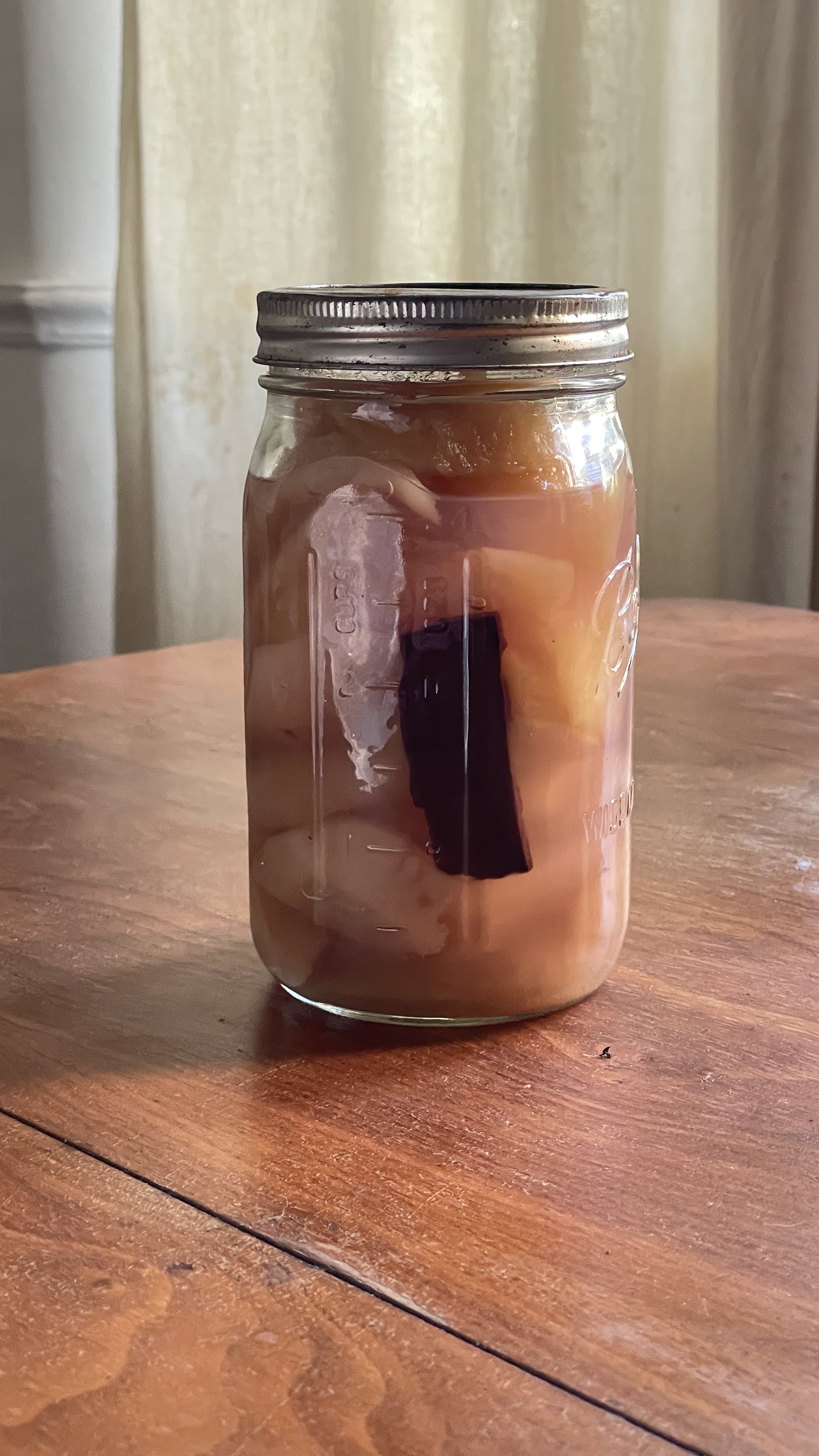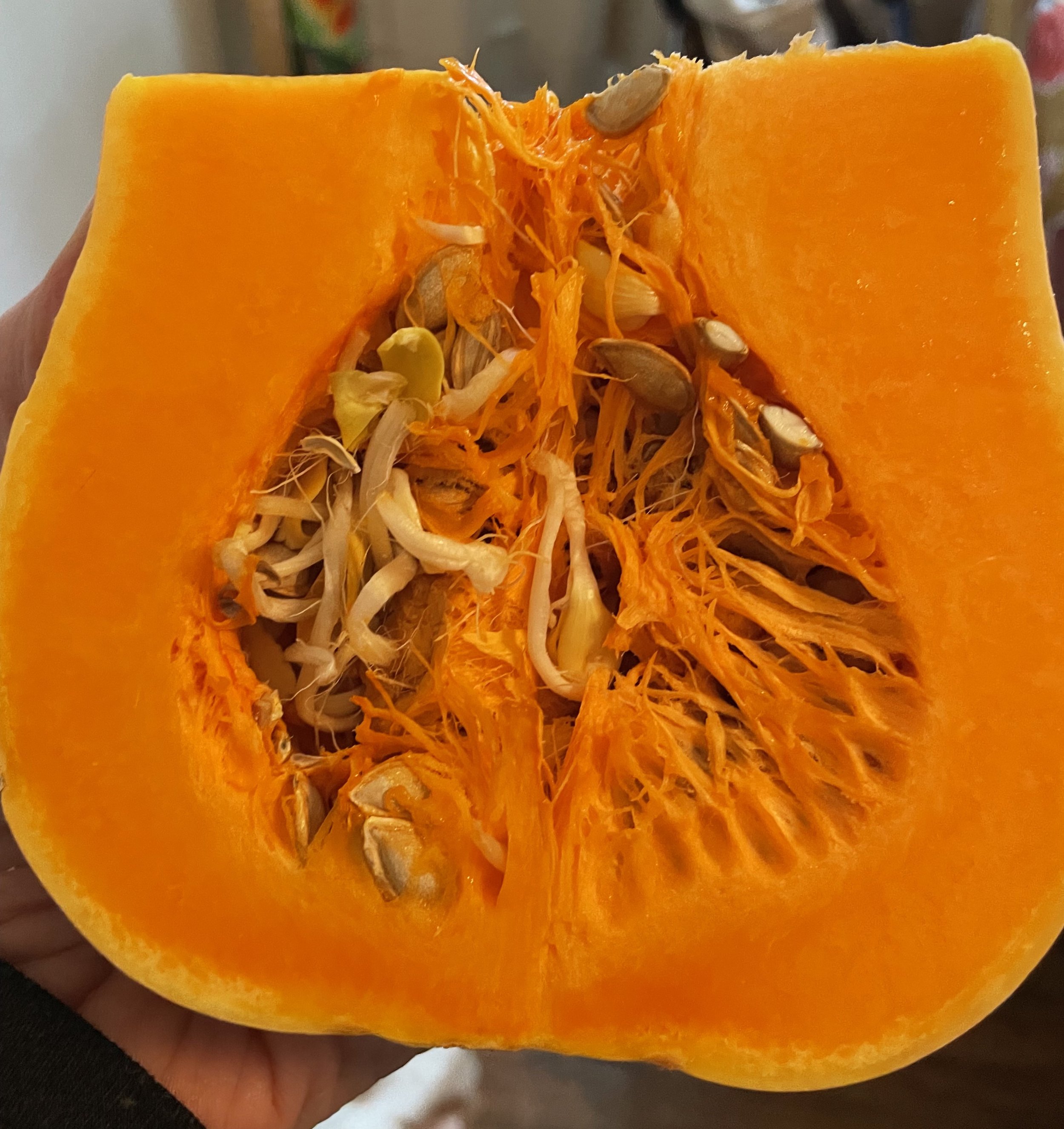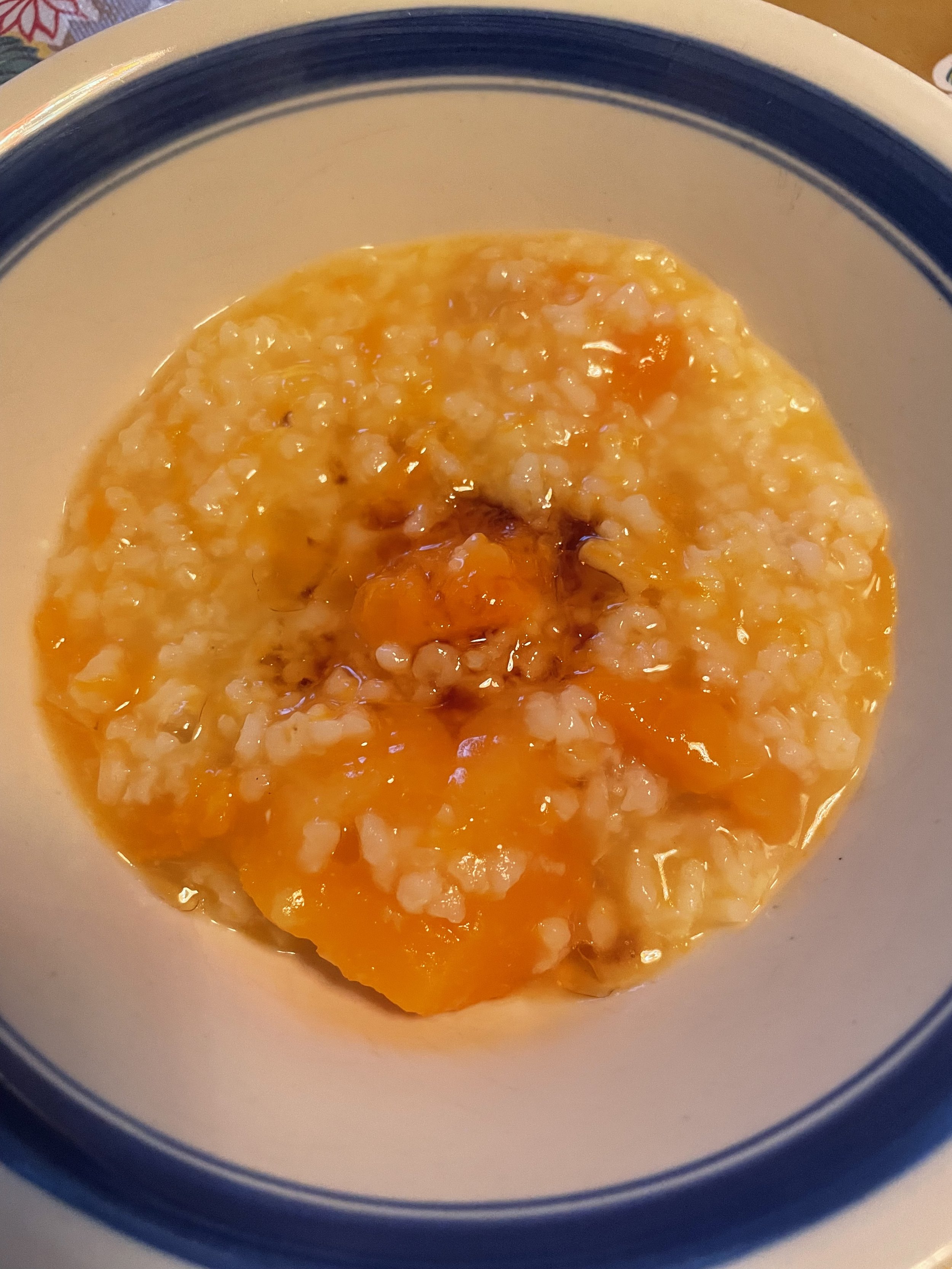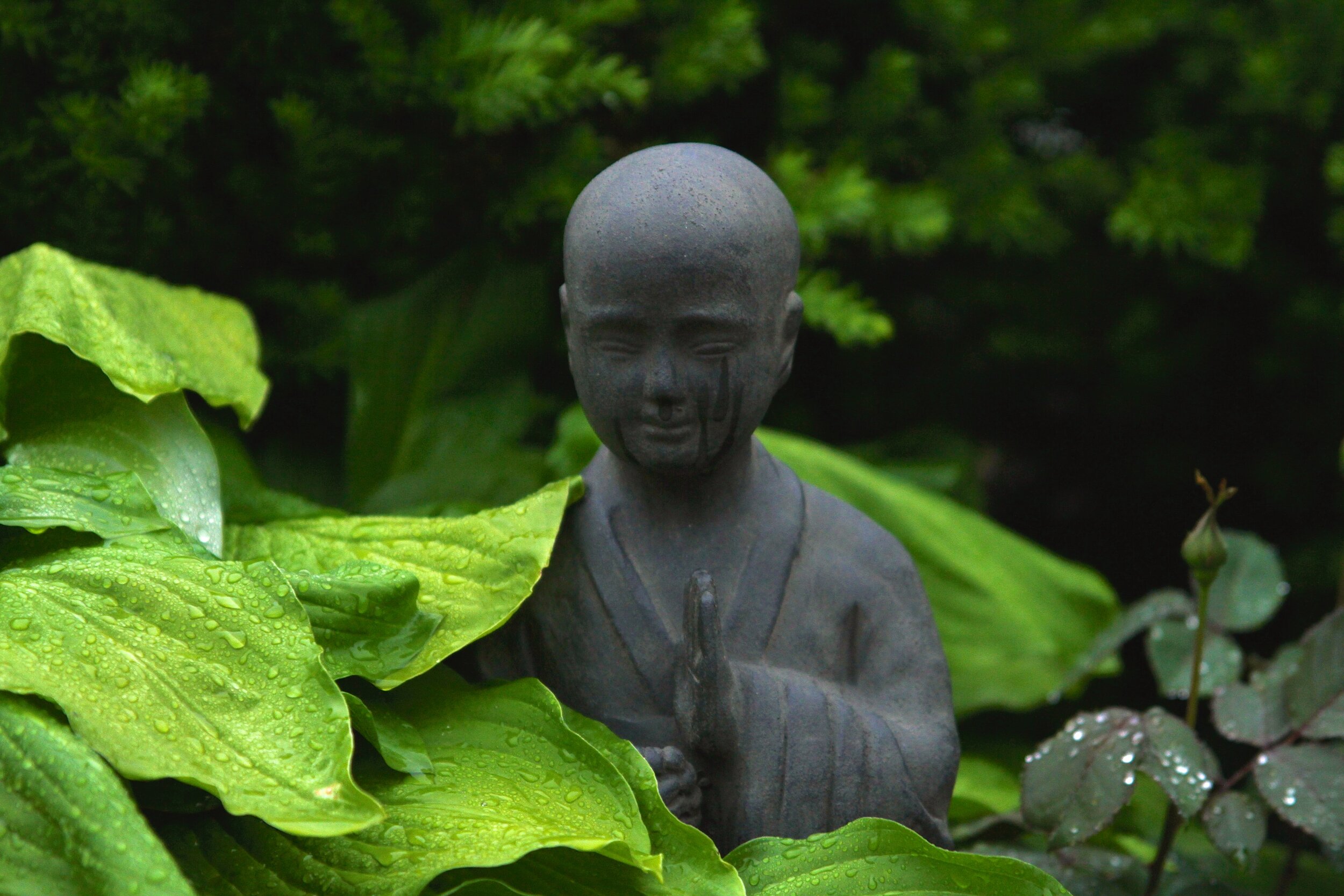When I first started studying Traditional East Asian medicine, it felt like if I studied hard enough, I could access the secrets of the universe.
Read moreWhy do I have pain since using Spironolactone?
Do you have neck, back or shoulder pain while using Spironolactone for acne? Read on to understand why and learn about other ways to get rid of acne while improving your overall health.
Here in Los Angeles I see a lot of adult patients taking Spironolactone for acne. These patients are pleased with the results of this medicine, and have only come to see me because they have some sort of upper body pain or stiffness. They may also mention incessant urination. Often they do not associate these common side effects with their medication. Spironolactone is an aldosterone antagonist and used to treat high blood pressure. Aldosterone regulates how much water your kidneys filter out of the blood for discharge, acting as a diuretic.
Traditional East Asian medicine has a very sophisticated lens for assessing fluid metabolism and the health of the blood. Blood should not move too quickly nor be too static, and it should contain the right amount of “water” (fluids). Healthy blood both nourishes muscles and contains the functional energy of the body, distributing it through the entire body the way sap distributes life function throughout a tree. When the blood is deficient or dry, muscles can become stiff and dry. The blood can no longer contain the life force so it no longer spreads healthily through the body but rather flares up into the upper body, causing headaches, pain, even hair loss!
Your local skilled acupuncturist and herbalist can address these imbalances. More importantly, we can treat the acne so that you don’t need to go on the Spironolactone in the first place! It is common to use beautiful flowers to treat acne because they are cooling and clear toxic heat. Some common flowers we use are honey suckle (shown above), forsythia, and violet. Beauty to beget beauty, what could be more magical?
Not only will you feel more radiant and be in less pain by using Traditional East Asian medicine to treat your illness, your long term health will benefit. The health of the blood determines so much, even emotional wellbeing! Issues with blood may go unnoticed until there are important hormonal shifts in the body, such as a viral illness or perimenopause.
For someone who is considering a future pregnancy, this is also extremely important. We prepare people for pregnancy by promoting healthy fluid metabolism and harmonized blood. Diuretics disrupt these mechanisms. Acupuncture and herbs regulate these symptoms so that your symptoms resolve, and your body is at peak fertility.
The Signs and Symptoms I See and Treat After Covid Waves
Now that we are 4 years into the pandemic, I have noticed some patterns that come along with covid. After the acute infection, there are other lingering signs and symptoms easily treated with acupuncture and herbal medicine. Here is my list:
Read moreJoy and Ease in Your Postpartum Phase
Photo by Andrae Ricketts on Unsplash
“I was hanging by a thread, and then I fell.” —A real live patient describing her last postpartum experience
“I didn’t even realize I was depressed until 5 months went by and I looked back. I remember sitting in the dark, alone, scared to move because I didn’t want my baby to wake up and start crying again.” —Another real life postpartum experience described to me by a loved one.
In our contemporary American culture, so much effort is put into getting the egg to meet the sperm. Yet precious little energy goes into surrounding the new parents and their little as they navigate formidable new territory. Indigenous medicines all around the world are rich with wisdom on how to transition mothers through the portal and to the other side, how to nurse their wounds and refill their empty belly that no longer contains the warmth of another life. I am lucky to practice one of these ancient medicines. My skill set comes from the traditional medicine of ancient China and it’s contemporary diaspora. It is my passion to treat as many people as I can during this rite of passage.
Families are stronger when supported with proper postpartum care. EAM practitioners know what to look for to minimize the common postpartum symptoms of depression, anxiety (just as common as depression, by the way), insomnia, and feeding difficulties. We can also help you recover from the amazing physical, emotional, and spiritual feat that is birthing a child.
Through careful questioning, palpation, and a peek at your tongue, we know what to do to help your body feel better. In a typical postpartum visit, I make sure to assess the state of the person’s blood. It will be relatively weak compared to before giving birth, but is it also stagnant, or especially deficient, and do body fluids also need to be replenished?
Weak blood can make it hard to sleep at night even when you are off duty. Insufficient blood or fluids can also cause low milk supply as well as tingling in the extremities, a surprisingly common postpartum symptom. I remember one mother who felt tingling in the stomach channel of her leg whenever her baby latched further up the stomach channel on the breast, a clear manifestation of how emptying the channel left room for wind to get in and cause tingling.
Stagnant blood can cause pain in the lower abdomen. Even a stagnation that goes unnoticed by the patient can keep the body from making new blood, causing feeding difficulties and mood changes. One of my obstetrics teachers says that she has found blood stagnation to be the most common cause of postpartum depression, and I have to agree. I would add that postpartum blood deficiency is the most common cause of postpartum anxiety, an adrenalized sensation of being on hyper-alert, unable to drift into sleep and easily rattled by the new child’s cries and communications.
The best news is that these way too common ailments are treatable, even avoidable, and the treatment is soothing and nourishing. As you consider carefully the support networks you want after your baby has arrived, please look in your area to find a qualified obstetrics and gynecological East Asian medical physician to be on your team. If you are in Los Angeles and want to see how I can help you, whether it is months before your baby arrives or years after, please reach out or schedule below.
Is the Stomach Bug Flying Around your House Trying to Get In?
There's at least one point every year where patients start coming in telling me that they ate a [insert here the last thing they ate before getting sick] and got food poisoning. Everyone is listing a different innocuous food because in fact it is a stomach flu circulating through the community. Traditional medicine has many ways to avoid the bug getting into your digestive system or to make it unwelcome if it is already there. Firstly, stay warm. Keep your feet warm, your belly warm, your back warm. Keeping your belly warm can look like drinking ginger tea, eating cooked vegetables over raw vegetables, or sitting on the sofa under the covers with a heating pad or hot water belly on your stomach. Avoid iced beverages (including your coffees and lattes and waters) except in the hottest hours of the hottest days in order to keep your digestive cooking pot (your belly) appropriately warm. This helps food to go down at the right speed and come out at the right speed.
A hand is holding the base of an orange butternut squash cut in half. The seeds inside are sprouting. This squash was used to make a medicinal congee.
To prevent or recover from a stomach bug, make a pot of congee with short grained rice. Instead of the typical 2:1 water:rice ratio, add 8 to 10 times as much water to the rice. If you have butternut squash or any other sort of orange pumpkin, add some peeled cubes to the mix, along with grated ginger and bay leaf. The orange root vegetable will help to tonify your digestive system, ginger will warm your digestive fire, and the bay leaf is anti-diarrheal. The thick rice water that is generated is absorptive, and will help redistribute fluids in your digestive system to where they should go. Serve with a drizzle of sesame oil and soy sauce to taste; if someone is already feeling queasy they may prefer it without condiments.
Butternut ginger congee, drizzled with sesame oil and soy sauce. A medicinal and delicious porridge that strengthens the digestive system.
Another handy tool for your household's medicine cabinet is the Chinese medical formula 'huo xiang zheng qi san". It is for "sudden turmoil disorder". Sudden turmoil is when you are suddenly vomiting or diarrhea-ing or both at the same time. You can use it at the onset of disease, or use it prophylactically if others in your household or in your community are sick. While there are other formulas that very effectively treat sudden turmoil disease, this is a kind of generic formula that can be applied easily without need of diagnosis by a practitioner. We were recently travelling abroad and I brought some. We only used it once, after finding out friends that we had spent the week with were severely ill with a stomach bug. It is excellent for foreign travel, when it can sometimes take longer to navigate a different health care system in a different language. If you want to pick some up from the clinic to have at home or for travel, feel free to get in touch and let me know when you can stop by to pick it up.
Another very effective folk medicine technique comes to me via my Argentinian mother-in-law, and is practiced by women throughout Central and South America. El empacho means blockage and can refer to just about any digestive upset. Tirar el empacho is a technique of pulling quickly and sharply on the skin of the low back with the aim of producing a cracking sound. I have learned it this way: first apply talcum powder or corn starch to the low back to make it easier to grip. Beginning just above the sacrum, and just on either side of the spine, grasp a roll of skin and tug upward quickly and firmly. Repeat, going up the rest of the low back. The more cracking sounds and the louder they are, the more needed the technique was and the more effective it will be. Repeat 3 days in a row (although I confess to forgetting to repeat and the technique has still been very effective). My mother-in-law used this recently on our daughter when she was home sick with no appetite. Within an hour she announced she was hungry and wanted to eat. Another example: an elderly family member had diarrhea for one month, which was attributed to having eaten a chocolate (despite having eaten chocolates her entire life). She visited her doctors several times but nothing could stop this diarrhea. Long term diarrhea is quite serious in anyone, but especially in the elderly and in babies. It wasn't until her caretaker, who grew up in Mexico and is also familiar with the technique, thought to "tirarle el empacho", that it stopped.
I hope that these techniques and remedies help your household stay healthy and free of acute digestive disorders. If your digestion issues are long standing, East Asian medicine can also help. If you have trouble going to the bathroom, or go to much, or have pain with digestion, these are all signs that you could benefit from a more personalized treatment. Always feel free to reach out with any questions, or book an appointment with the booking button below.
Recurring or Persistent Urinary Tract Infections
Most people with a vagina have experienced a urinary tract infection at some point in their lives. But some of us have had wayyyy more than our fair share, and fall into a very frustrating cycle of UTI followed by antibiotics (possibly followed by yeast infection) followed by UTI followed by antibiotics, etc., etc. If a person’s trigger is sex, this become an even bigger quality of life issue. Many, many women struggle with this, and all the wiping from front to back and urinating immediately after sex is not enough to prevent some of these chronic cases. That is because there is often a hormonal aspect affecting the flora of the urogenital tract. Regulating these imbalances is EXACTLU+Y what East Asian medicine excels at. Let me shout it from the rooftop: Chinese herbal medicine and acupuncture can put chronic UTIs into remission. Please spread the word.
There are many ways that bladder infections can manifest. In the same way that Western medicine chooses the appropriate antibiotic for the appropriate bacteria, we choose our formulas based on exactly what your particular body is doing. Do you get your UTI at a particular time in your menstrual cycle? Do you get strong burning pain and discomfort, or are you more the type to just go more frequently even though nothing comes out and have a bloated sensation at the pubic bone? Or maybe you go straight to blood in the urine, which can look pretty scary but the herbal solution to this problem, like the others above, was described thousands of years ago and is effective.
Some women, after a spate of infections, will have all the sensations of UTI, yet their urine shows no bacteria. This may be due to previous infections creating irritating scar tissue in the wall of the bladder, or due to biofilms that shelter the bacteria as it makes its life within little biofilm apartments, inside of you but separate. People in this category usually receive the diagnosis of interstitial cystitis, which is considered a bladder pain syndrome. In these cases, antibiotics are no longer appropriate or effective. Fortunately, this does not matter for Chinese medicine. There were no labs to culture your urine when our treatment principles were developed, so we are always treating “difficult urination”. And we can treat difficult urination whether or not it is interstitial cystitis or an actual UTI.
Antibiotics are an incredible, life saving medicine, and will treat an acute UTI effectively and prevent you from dying a very ugly death due to a simple bladder infection traveling to your kidneys. It is my personal experience that antibiotics are far superior in treating one-off, acute infections than our herbs. But if you or someone you love fall into this other category of frequent, chronic, or resistant urinary tract infections, please get in touch. There is so much we can do to return your body to full health.
Why Did My Acupuncture Treatment Make Me Cry?
You may just as easily be asking: make me laugh, make me feel antsy, make my limbs move involuntarily, make me burp, or make my abdominal muscles move in a comfortable, wave-like fashion? OR, make me remember something unexpected from a long time ago, significant or insignificant? These are all common responses to a treatment, and all are signs that the needles are working.
Everything that has ever happened to us is stored in our soma (body). This is not a metaphor, but, as body-workers, Vipassana meditators, yoga teachers, somatic therapists and trauma therapists can tell you, quite literal. Not only can muscle tissue and fascia contain memories, but even hormones and even gasses that you have become sequestered safely away. When releasing large muscle groups, it is not uncommon for the room to smell like chemicals that the patient has been exposed to earlier in her lifetime. When a patient comes in, their symptoms and life history suggest areas to work in, and when these areas are released, emotions, memories, and sensations can come to the surface. The body’s memory is fascinating and precise. If you have ever experienced a big shock, or lost an important person in your life, you may notice that your body remembers the event on its anniversary even when your conscious mind does not. Some examples are a 9/11 first responder who experiences a severe chest cold every year around early to mid September. (The lungs are associated with grief in East Asian Medicine.) Or someone who was assaulted unexpectedly by a stranger, only to feel pain at the same time of year the following years in the same areas of her body where she hit the ground. When someone has a seemingly unrelated symptom out of the blue, I make sure to ask, what happened in this month in other years of your life. If the symptom is related to a somatic memory, that question will prompt an answer.
This is especially true with scar work. Scars are a rich area to work in, as they invariably block the fascial planes and tissue beds that make up the meridians. Over time this can cause an imbalance. Sometimes when taking a life history I will notice that an injury to a channel is followed one or more years later with problems in the associated organ. This is an example of how constricted tissue in one part of the body can affect another area. I continue to be surprised by the responses elicited by scar work. I have seen several instances where releasing scar tissue prompted the patient to have a pre-lingual memory. That is a very, very early memory, yet the body knows. (This is especially interesting, as scientists theorize that it is the syntax of language that allows us to form memories. These clinical experiences, however, suggest that the body’s memory functions differently.) I have had patients feel very specific phantom sensations; after working around a decades old C-section scar, one patient had to check her lower belly repeatedly because she kept feeling the same sensation of leaking fluid that had alerted her many, many years ago that some stitches had ruptured. Of course, there was no leaking fluid, but this sensation persisted on and off for a week.
And so it is with emotions. Whether or not we are working on a visible scar, there are sections of our bodies that become stuck by strong emotion. Acupuncture works to course the qi through all the riverbeds of the body. As stuck areas begin to flow again, whatever was in the stagnant areas comes to the surface to be experienced and pass away. The emotional release that happens on the table helps your body to work more completely, which means symptoms will resolve and you will feel lighter.
If you suspect you have some stuck emotions or stuck tissues, book a session with me and we’ll do a complete life history to see how I can best go about unsticking your tissue planes.
Photo by Amanda Flavell








